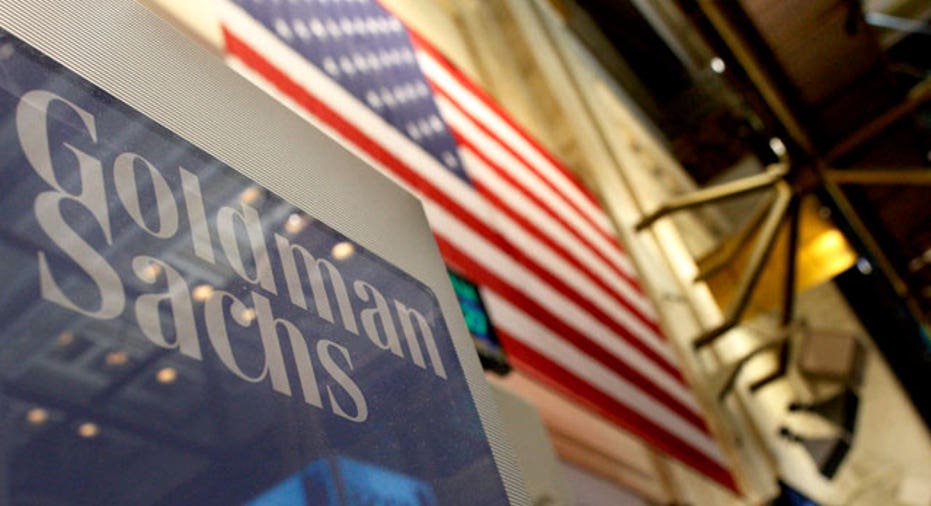Goldman Sachs Pressured by Trading Revenue, Litigation

Goldman Sachs Group Inc reported its smallest quarterly profit in nearly four years on Thursday as it set aside more money to cover mortgage settlements and nervous investors pulled back from bond trading.
The bank set aside $1.45 billion for mortgage-related legal costs and regulatory matters in the second quarter, five times as much as in the same quarter last year.
Goldman, the target a government probe over the issue of mortgage bonds leading up the financial crisis, said in May it had raised the top end of its range of "reasonably possible" legal expenses to about $3.8 billion from about $3 billion.
The Wall Street bank's shares were down 1.2 percent at $210.40 in morning trading, even though the earnings - when excluding the provision - exceeded the average analyst estimate.
As with its competitors, Goldman's trading business - long a strength for the bank - came under pressure as worries about Greece and China made investors reluctant to trade.
Net revenue from trading fixed-income securities, currencies and commodities (FICC) fell 28 percent to $1.60 billion.
In comparison, JPMorgan Chase & Co's FICC revenue fell 10 percent during the period on an adjusted basis, while Bank of America’s fell 9.3 percent.
The business, which once contributed about 40 percent of Goldman's revenue, has been under pressure since the financial crisis as new rules discourage banks from trading off their own balance sheet and regulators demand that banks boost capital.
Other banks have shifted away from trading to focus on less-volatile businesses like wealth management, but Goldman executives have stressed the bank's commitment to trading.
Still, the business accounted for only about 18 percent of revenue in the quarter.
"Obviously the news around Greece has been very positive in the last couple of days so hopefully some of the trends are behind us," Chief Financial Officer Harvey Schwartz said on a call with analysts.
Goldman's investment banking revenue, which includes advising on deals and underwriting debt and stock offerings, rose 13 percent to $2.02 billion, helped by higher fees.
Goldman ranked No. 1 in global mergers and acquisitions as well as in equity underwriting in the first half of 2015, according to Thomson Reuters data.
PROFIT HALVES
Goldman's net profit attributable to shareholders more than halved to $916 million, or $1.98 per share, in the three months to June 30, from $1.95 billion, or $4.10 per share, a year earlier. Provisions reduced earnings by $2.77 per share, the bank said.
Excluding the provision, Goldman would have earned $4.75 per share. Analysts on average had expected earnings of $3.89 per share, according to Thomson Reuters I/B/E/S.
Revenue fell nearly 1 percent to $9.07 billion.
"Sometimes you expect them to do better just because they have such a strong brand," said Jerry Braakman, chief investment officer at First American Trust, which has $1.1 billion under management. "I guess you can't do that every time."
Goldman's results contrasted to those of Citigroup Inc, which reported its highest quarterly profit in eight years on Thursday as legal expenses plunged and restructuring and cost cuts paid off.
Goldman's traditional arch rival, Morgan Stanley, reports earnings on Monday.
The bank's operating expenses rose 16 percent to $7.34 billion, while total non-compensation expenses rose 48 percent to $3.53 billion.
Compensation and benefit costs fell 3 percent to $3.81 billion, representing 42 percent of revenue. That compared with 43 percent in the year-earlier quarter. However, staff numbers increased 8 percent to 34,900.
(Additional reporting by Olivia Oran; Editing by Ted Kerr)



















